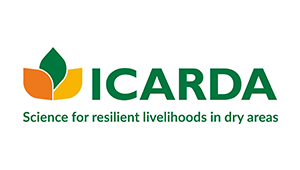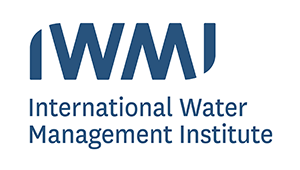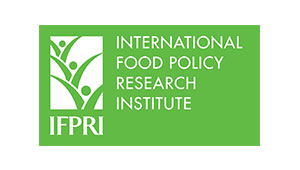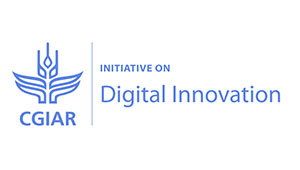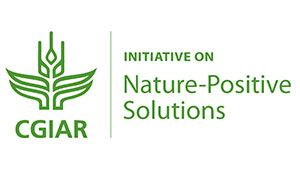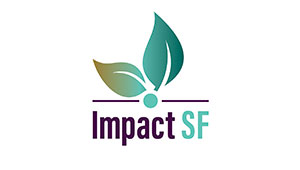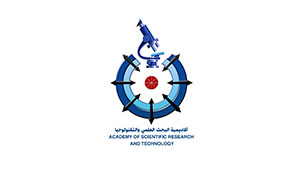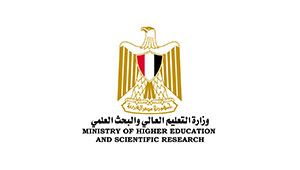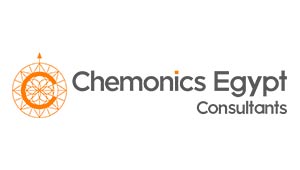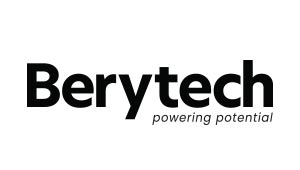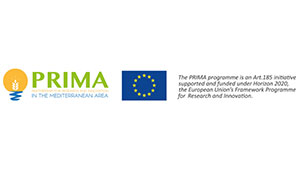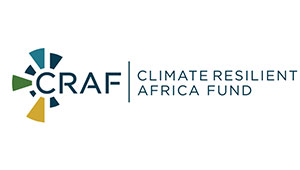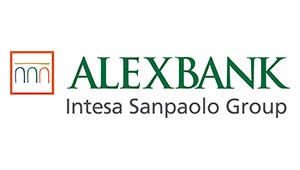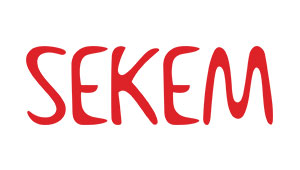الشركاء
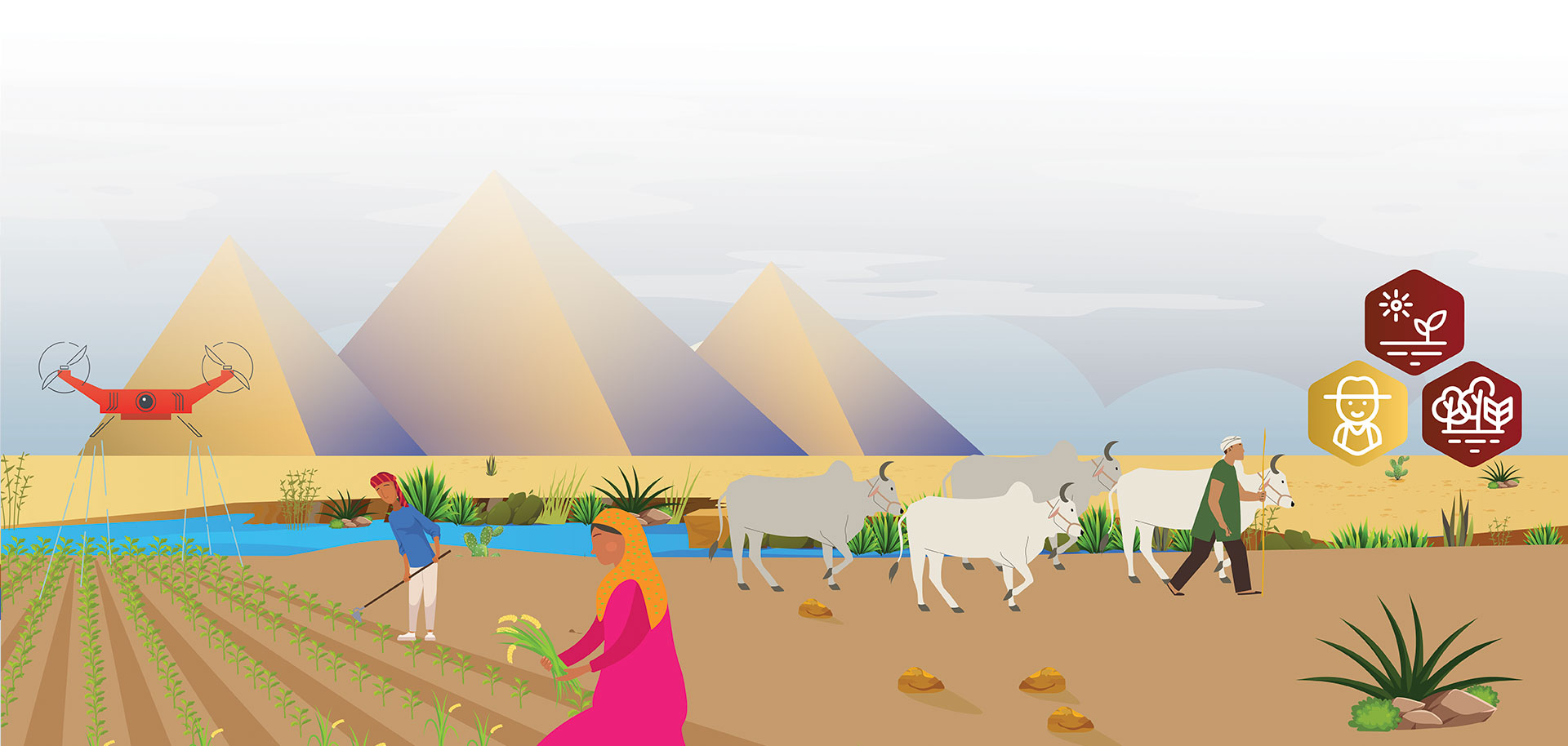
يتم دعم تحدي AgriTech4Egypt للابتكار من قبل منصة CGIAR Accelerate for Impact Platform (A4IP) ويتم تنظيمه بالاشتراك مع مراكز CGIAR - التحالف الدولي للتنوع البيولوجي وCIAT، وICARDA، وIWMI، وIFPRI - وأكاديمية البحث العلمي والتكنولوجيا (ASRT) في مصر. تم اعتماد هذا المشروع من قبل وزارة التعليم العالي والبحث العلمي في مصر (MOHESR) ووزارة الخارجية والتعاون الدولي في إيطاليا (MAECI)، وبدعم من قِبل PRIMA، وصندوق أفريقيا للتكيف مع المناخ (CRAF)، ومؤسسة سينجينتا للزراعة المستدامة (SFSA)، ومبادرات ووحدات المجموعة الاستشارية للبحوث الزراعية الدولية العاملة في منطقة الشرق الأوسط وشمال أفريقيا.
Powered by
The Accelerate for Impact Platform (A4IP)
The Accelerate for Impact Platform (A4IP) is the venture space that leverages CGIAR’s legacy in research and innovation to co-design, accelerate, and de-risk the development and deployment of science-based solutions for sustainable agriculture and climate action. A4IP entrepreneurs pioneer models to bridge research products from lab to market, create demand for CGIAR science, and strengthen its role in the innovation ecosystem. The initiative plays a catalytic role for entrepreneurial scientists, startups, and other strategic partners driving innovation that will make our agri-food systems healthier, more equitable, and more sustainable.A4IP is an initiative powered by the Alliance of Bioversity International and CIAT; a CGIAR research center.
CGIAR Centers
CGIAR
CGIAR works for a world with sustainable and resilient food, land, and water systems that deliver diverse, healthy, safe, sufficient, and affordable diets, and ensure improved livelihoods and greater social equality, within planetary and regional environmental boundaries. Our mission is to deliver science and innovation that advance the transformation of food, land, and water systems in a climate crisis. One CGIAR is the integration of CGIAR’s capabilities, knowledge, assets, people, and global presence for a new era of interconnected and partnership-driven research towards achieving the Sustainable Development Goals.
The Alliance of Bioversity International and CIAT
The Alliance of Bioversity International and the International Center for Tropical Agriculture (CIAT) delivers research-based solutions that address the global crises of malnutrition, climate change, biodiversity loss, and environmental degradation. The Alliance focuses on the nexus of agriculture, nutrition, and environment. We work with local, national, and multinational partners across Africa, Asia, and Latin America and the Caribbean, and with the public and private sectors and civil society. With novel partnerships, the Alliance generates evidence and mainstreams innovations to transform food systems and landscapes so that they sustain the planet, drive prosperity, and nourish people in a climate crisis. The Alliance is part of CGIAR, a global research partnership for a food-secure future dedicated to transforming food, land, and water systems in a climate crisis.
The International Center for Agricultural Research in Dry Areas (ICARDA)
The International Center for Agricultural Research in Dry Areas (ICARDA) and its international partners deliver innovative, evidence-based solutions for climate-smart food systems transformation. We improve food and nutrition security and generate livelihoods resilience for family-farmers grappling with climate change and man-made challenges, in the climate-vulnerable dry regions of Africa, Asia, and the Middle East.
The International Water Management Institute (IWMI)
The International Water Management Institute (IWMI) is an international, research-for-development organization that works with governments, civil society and the private sector to solve water problems in developing countries and scale up solutions. Through partnership, IWMI combines research on the sustainable use of water and land resources, knowledge services and products with capacity strengthening, dialogue and policy analysis to support implementation of water management solutions for agriculture, ecosystems, climate change and inclusive economic growth. Headquartered in Colombo, Sri Lanka, IWMI is a CGIAR Research Center with Offices in 13 countries and a global network of scientists operating in more than 30 countries.
The International Food Policy Research Institute (IFPRI)
The International Food Policy Research Institute (IFPRI) provides research-based policy solutions to sustainably reduce poverty and end hunger and malnutrition in developing countries. Established in 1975, IFPRI currently has more than 600 employees working in over 60 countries and works with a wide range of partners.
CGIAR Initiatives and units
CGIAR Research Initiative on Digital Innovation
CGIAR Research Initiative on Digital Innovation is a three-year program launched in 2022. The Initiative aims to contribute to the acceleration of sustainable and inclusive agrifood systems transformation by generating research-based evidence and innovative digital solutions. Its three priority research areas include improving access to digital innovation, the quality of information delivered, and the capacity of end users to make use of it. The Initiative brings together agri-food systems scientists and digital technology practitioners to research and implement innovative digital solutions across food, land, and water systems in the Global South.
CGIAR Initiative on Low-Emission Food Systems (Mitigate+)
The CGIAR Initiative on Low-Emission Food Systems, also known as Mitigate+, works closely with key actors in the target countries so that they are equipped with the knowledge, information, and tools they need to make robust evidence-based decisions as they confront challenges in food system discourse, policy development, and implementation to reduce greenhouse gas emissions.
CGIAR Initiative on Nature-Positive Solutions (Nature+)
The CGIAR Initiative on Nature-Positive Solutions aims to re-imagine, co-create and implement nature-positive solutions-based agri-food systems that equitably support food and livelihoods while ensuring that agriculture is a net positive contributor to biodiversity and nature.
CGIAR Initiative on Excellence in Agronomy (EiA)
The Excellence in Agronomy Initiative (EiA) was launched by the CGIAR in 2020 and aims to support millions of farming households’ thorough partners to achieve agronomic gain through an increase in productivity and quality per unit of input, resource use efficiency (Nutrients, Labour, Water), soil health, and climate adaptation, in prioritized farming systems by 2030. The Initiative provides scalable agronomic solutions and tailored agronomic expertise to provide farmers solutions they need to improve productivity and meet their yield objectives and more. Our solutions enhance the operational efficiency of farmers through the implementation of scalable agronomy solutions, supported by extensive research, robust digital technology, big data, and advanced analytics. We are committed to developing scalable agronomic solutions and offering tailored agronomic expertise that allows farmers to make critical agronomic decisions regarding crop choice, planting dates and pest, disease, weed, soil fertility and water management.
CGIAR Hub for Sustainable Finance (Impact SF)
The CGIAR Hub for Sustainable Finance (ImpactSF) works to deliver locally relevant evidence & analytics to unlock capital aligned with SDG impacts that enable the Food, Land and Water systems transformation. ImpactSF aims to build off the CGIAR evidence to deliver a range of data driven solutions that enable financial institutions and investors to de-risk investments through quantification of climate and environmental risks and impacts. ImpactSF acts as a key technical partner to integrate evidence-based socio-environmental dimensions in all areas of the investment lifecycle, including pipeline development, investment screening & due diligence, investment implementation and post investment monitoring reporting and verification (MRV). Through its pipeline development activities, ImpactSF has developed tools and methodologies to source, assess and de-risk agribusinesses through thematic accelerator programs, climate-smart-agriculture technical assistance and facilitation of investor matchmaking.
Partners
The Academy of Scientific Research and Technology of Egypt
The Academy of Scientific Research & Technology (ASRT) was established in September 1971 by the Presidential Decree No 2405 as the national authority responsible for science & technology in Egypt. In 1998, ASRT was reorganized by the Presidential Decree No 377 that further defined and strengthened its mission, function and activities. ASRT is the Egyptian house of expertise. It brings together outstanding Egyptian scientists and experts from universities, research institutions, private sector, NGOs, policymakers and prominent Egyptian scientists in Diaspora to deliberate country problems, propose and carry out scientific studies and future strategic basic plans to tackle these problems.
ASRT adopts a comprehensive plan for developing Egyptian S&T to support relevant national ministries and research institutions in creating an integrated system of scientific research together for increasing the number of trained scientists in Egypt, and giving science a leading role in the country’s development and knowledge based economy. ASRT also promotes and encourages female and youth participation in S&T and scientific leadership.
Ministry of Higher Education and Scientific Research of Egypt
The Ministry of Higher Education and Scientific Research is considered one of the state institutions concerned with building the scientific and human character of a broad spectrum of young people across universities and higher institutes. Seeking to achieve its goals of building a normal, integrated and modern personality capable of fulfilling its mission in society and shouldering its responsibilities towards its nation, the ministry is tapping all scientific and technical capacities and facilities of the age. MOHESR is a modern national scientific research and higher education system that copes with the updates of scientific and technological developments and interacts actively and positively with its surroundings, leading to a society based on production and continuous use of knowledge. MOHESR targets enhancing the research system in higher education institutions, to satisfy the society needs and the needs of business, industry and service community.
Chemonics Egypt Consultants
Chemonics Egypt (CE) Consultants is an Egyptian Engineering and a Management Consultancy firm founded in Cairo in 1992 and is a franchisee to the USA based Chemonics International. CE is one of the few consultancies in MENA that has been entirely focused on green economy since its establishment. We have worked over the years in 18 MENA and East African countries with currently projects in 10 Southern and East Mediterranean countries. We have an extensive track record with most development organizations as well as banks, private equity funds, governments and private industrial facilities in sectors such as sustainable energy, waste management, sustainable water, as well as sustainable agriculture and food production.
Berytech
Berytech is an ecosystem for entrepreneurs, providing a dynamic environment for the creation and development of startups and SMEs, fostering innovation, technology and entrepreneurship in Lebanon and the MENA region. With its thorough business support offerings and multi-faceted programs, Berytech aims to catalyze the growth of startups and SMEs ensuring long-term sustainability of their businesses. Berytech’s support falls under the following categories: Capacity Building & Networking, Policy reform, Startup & SME Development, Startup & SME Incubation, Startup Acceleration & Incubation, Student Entrepreneurship Development, Technology Transfer Support, and Women Empowerment. Since its establishment in 2002, Berytech has succeeded in creating strategic connections and international partnerships and affiliations, connecting different pools of experts in the ecosystem, and partnering in creating organizations, programs, and accelerators.
PRIMA
The PRIMA (Partnership for Research and Innovation in the Mediterranean Area) program, supported by Horizon 2020, the European Union’s Framework Programme for Research and Innovation, endeavors to cultivate collaborative research and innovation endeavors among Mediterranean nations. Its overarching vision is to enhance water availability, sustainable agriculture, and food production in a region grappling with the multifaceted challenges of climate change. Endowed with a comprehensive budget of EUR 474 million, PRIMA operates through structured calls for proposals and coordinated activities.
Climate Resilient Africa Fund (CRAF)
Climate Resilient Africa Fund (CRAF) is an impact venture fund backing early-stage Africa startups at the nexus of food security, climate change and nature loss. It invests in biotech including new food groups, farmers platforms including precision agriculture, midstream supply chain innovation, novel farm systems and climate-nature data tools. CRAF has offices in Cairo, Accra, Nairobi, Johannesburg, London and Copenhagen. Its investors include private, governmental, development and impact capital.
SEKEM
In 1977, SEKEM started its initiative on an untouched part of the Egyptian desert (about 170 acres) 60 km northeast of Cairo. Using biodynamic agricultural methods, desert land was revitalized and a striving agricultural development was initiated. Over the years, SEKEM became the umbrella of an agro-economic group of companies and NGOs, including different educational institutions and a Medical Center. Today, SEKEM is regarded as a leading social business worldwide. SEKEM Video.
Vision & Mission:
SEKEM Initiative was founded with the vision of sustainable development and giving back to the community. It aims to develop the individual, society and environment through a holistic approach which integrates ecology, economy, societal and cultural life. Today, the vision that brought Dr. Ibrahim Abouleish to dig the first well in the vast desert land still resounds in all of SEKEMs activities. Like a compass, our vision, mission and values guide us in everyday work in all SEKEM institutions.



